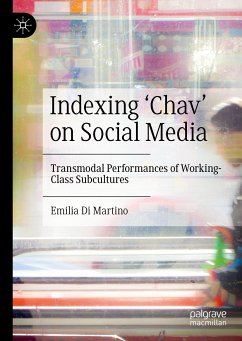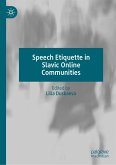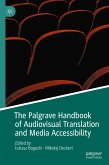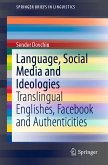-Asif Agha, University of Pennsylvania, USA
The book sets out to examine the concept of 'chav', providing a review of its origins, its characterological figures, the process of enregisterment whereby it has come to be recognized in public discourse, and the traits associated with it in traditional media representations. The author then discusses the 'chav' label in light of recent re-appropriations in social network activity (particularly through the video-sharing app TikTok) and subsequent commentary in the public sphere. She traces the evolution of the term from its use during the first decade of the twenty-first century to make sense of class, status and cultural capital, to its resurgence and the ways in which it is still associated with appearance in gendered and classed ways. She then draws on recent developments in linguistic anthropology and embodied sociocultural linguistics to argue that social media users draw on communicative resources to perform identities that are both situated in specific contexts of discourse and dynamically changing, challenging the idea that geo-sociocultural varieties and mannerisms are the sole way of indexing membership of a community. This volume contends that equating 'chav' with 'underclass' in the most recent uses of the concept on social networks may not be the whole story, and the book will be of interest to sociocultural linguistics and identity researchers, as well as readers in anthropology, sociology, British studies, cultural studies, identity studies, digital humanities, and sociolinguistics.
Emilia Di Martino is an associate professor at the Suor Orsola Benincasa University of Naples, Italy. She is interested in a wide variety of topics, mostly focusing on the nexus between identity, language, and power. She has presented at many local and international conferences, and has published extensively, including the book Celebrity Accents and Public Identity Construction: Analyzing Geordie Stylizations (2019).
Dieser Download kann aus rechtlichen Gründen nur mit Rechnungsadresse in A, B, BG, CY, CZ, D, DK, EW, E, FIN, F, GR, HR, H, IRL, I, LT, L, LR, M, NL, PL, P, R, S, SLO, SK ausgeliefert werden.
Hinweis: Dieser Artikel kann nur an eine deutsche Lieferadresse ausgeliefert werden.









